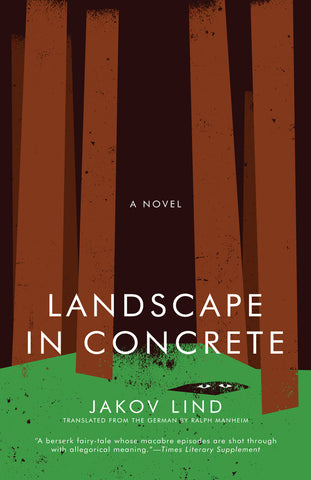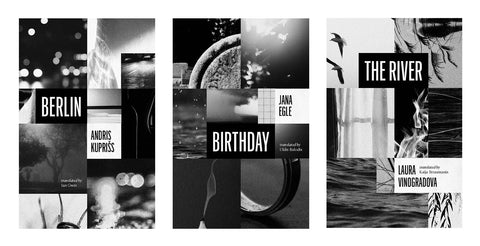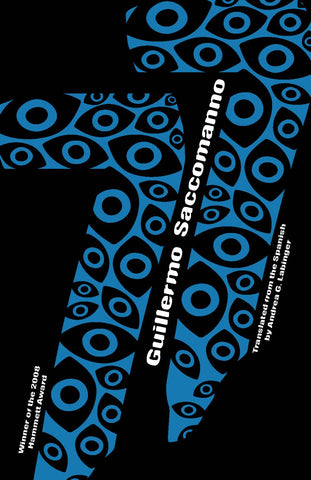Landscape in Concrete
$13.95
by Jakov Lind
March 15, 2009
novel | pb | 190 pgs
5.5" x 8.5"
978-1-934824-14-6
"It is this book that confirms Lind's status as an author of international importance."
—New York Times
Sergeant Gauthier Bachmann is the perfect Nazi soldier. But after a horrifying defeat at Voroshenko, where most of his Eighth Hessian Infantry Regiment was slaughtered in a single instant, Bachmann was declared mentally unfit to serve. Incapable of accepting this judgment, and of returning to his girlfriend and a quiet life as a gold- and silversmith, Bachmann wanders the war-ravaged countryside, trying to find a way to rejoin his regiment, or any regiment, and return to the front.
While trying to find his regiment and come to terms with the horrors he has seen and committed, the increasingly unstable Bachmann is manipulated by a series of figures from the underbelly of war’s underbelly—deserters and collaborators, corrupt officers and sexual predators—who induce him to carry out their venal missions, which they’ve justified against the background of institutionalized murder going on all around them.
Containing dark echoes of Jaroslav Hašek's The Good Soldier Švejk, Jakov Lind's Landscape in Concrete is an "astonishing and highly original imagining of (the) dimensions of evil including sadistic cruelty, of the condition of being a victim and the madness abroad which constitutes the virtual victory of Hitler if we fail to translate survival into freedom" (Anthony Rudolf).
Translated from the German by Ralph Manheim
Introduction by Joshua Cohen
•
About the Author: Jakov Lind (1926–2007) was born Heinz Jakov Landwirth in Vienna in 1927 to an assimilated Jewish family. Arriving in the Netherlands as a part of the Kindertransport in 1939, Lind survived the Second World War by fleeing into Germany, where he disguised himself as a Dutch deckhand on a barge on the Rhine. Following the war, he spent several years in Israel and Vienna before finally settling in London in 1954. It was in London that he wrote, first in German and later in English, the novels, short stories, and autobiographies that made his reputation, including his masterpieces: Landscape in Concrete, Ergo (forthcoming from Open Letter), and Soul of Wood. Regarded in his lifetime as a successor to Beckett and Kafka, Lind was posthumously awarded the Theodor Kramer Prize in 2007.
•
"Jakov was a bad boy. . . . He was a coyote, a trickster. He enjoyed hash and LSD. A wicked smile played around his mouth, while witty aphorisms and deep insights tripped off his lips. He emanated inner strength—and an electric intelligence that we all wanted to emulate."
—Anthony Rudolf





